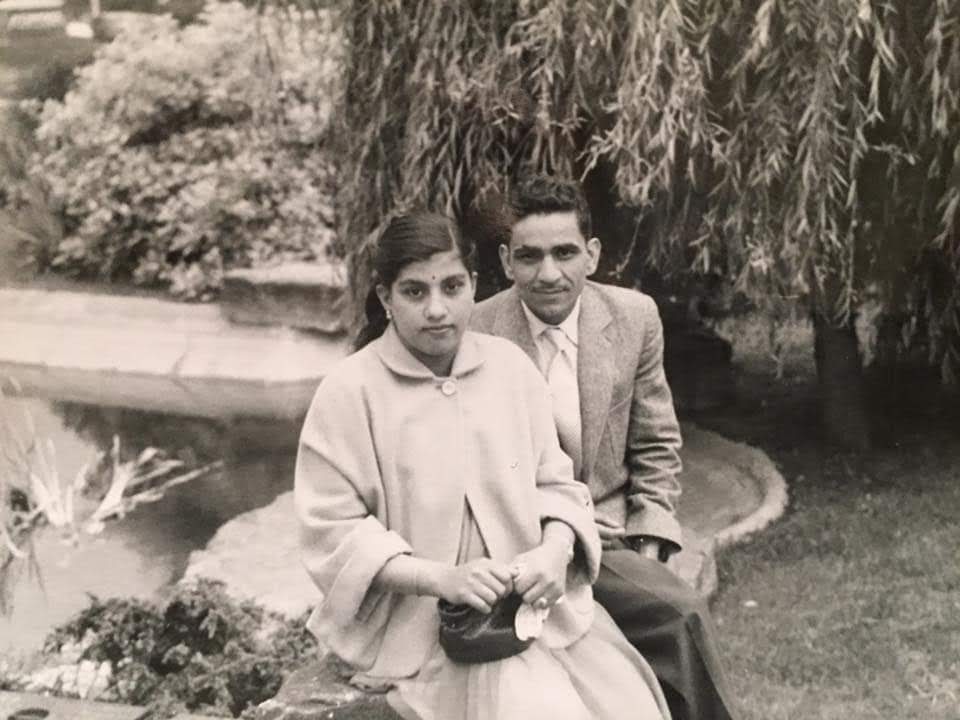I was born in London in the sixties. My parents were Punjabi immigrants who left India for the UK, hoping for a better life and better days ahead. Having seen the partition in India, they were consumed by the ghosts of division, the struggle for economic survival. They moved to London in the 1950s, where both economic and financial stability were assured—at a price. The Indian community that moved to London in the fifties had seen both violence and viciousness during the partition. The stories were universal and stayed with them, flashing in their dreams, often unspoken, as the grief was overbearing.
My parents worked hard, and like most immigrant stories, life was a daily struggle. I recall my parents wanted us to “fit in,” but essentially, they wanted us to be Indian, specifically Hindu. I grew up in a context where I was constantly reminded that we were Indian, we were immigrants, and we were different. I got this message incessantly inside and outside my home.
From an early age, I noticed that everyone around me talked about “difference” in a very decisive way. I was often reminded that outside was not safe, as there are two types of people—“them” (the whites) and “us.”
“Be very careful. They are not like us,” my father would say.
“How are they different?” I would ask.
Then, with true seriousness and conviction, my father would say in his thick Indian accent, “Vell, did you see the shelves in the supermarket? They only eat tinned food.”
At school, more abstract and absurd comments were made by my friends.
“Yuck, what’s that smell?”
“Soap,” I would answer innocently.
“You smell of curry. Do you eat curry for breakfast?” they would retort.
“No, l am just like you. I eat cornflakes.”
“Just like you, I am just like you” —so desperate was my need to assimilate.
Indeed, the 1970s in Britain was a critical and challenging time for Indians and other minorities, as well as for the indigenous population. Britain’s workforce scarcities had created a massive postwar migration from India, Pakistan, and Bangladesh. The open-door immigration policy with Britain’s former colonies was to reinvigorate the economy.
Trying to find a home for them and their families in 1950s Britain was punitive, and most were met with discrimination and hostility. My mother told me that when she arrived in London, as they looked for a room to rent, they were met with a cautionary message positioned on the door: “No blacks, No Irish, No dogs.”
The message was clear. We were not welcome, and when you are in a different country that does not really value the country you are from, it’s always a battle to clutch onto who you are.
On top of that, few immigrants were able to get a job that corresponded to their credentials. As a result, there was a perpetual state of resentfulness and fury. Indeed, when my father arrived in England in the 1950s, he could only get a job in a factory, as his teaching diplomas were not recognised.
My parents and their community had no idea what was about to hit them. I cannot imagine what it must have been like to deal with the kind of animosity and the sense of not belonging. It’s painful when you feel like you don’t belong or when you’re treated like the outsider. There was unease for all involved. Like most mass immigration stories, there was a stream of anxiety on both sides. Nobody was prepared……
This is an extract from “How To Get Out Of Your Own Way.” By Sunita Sehmi


